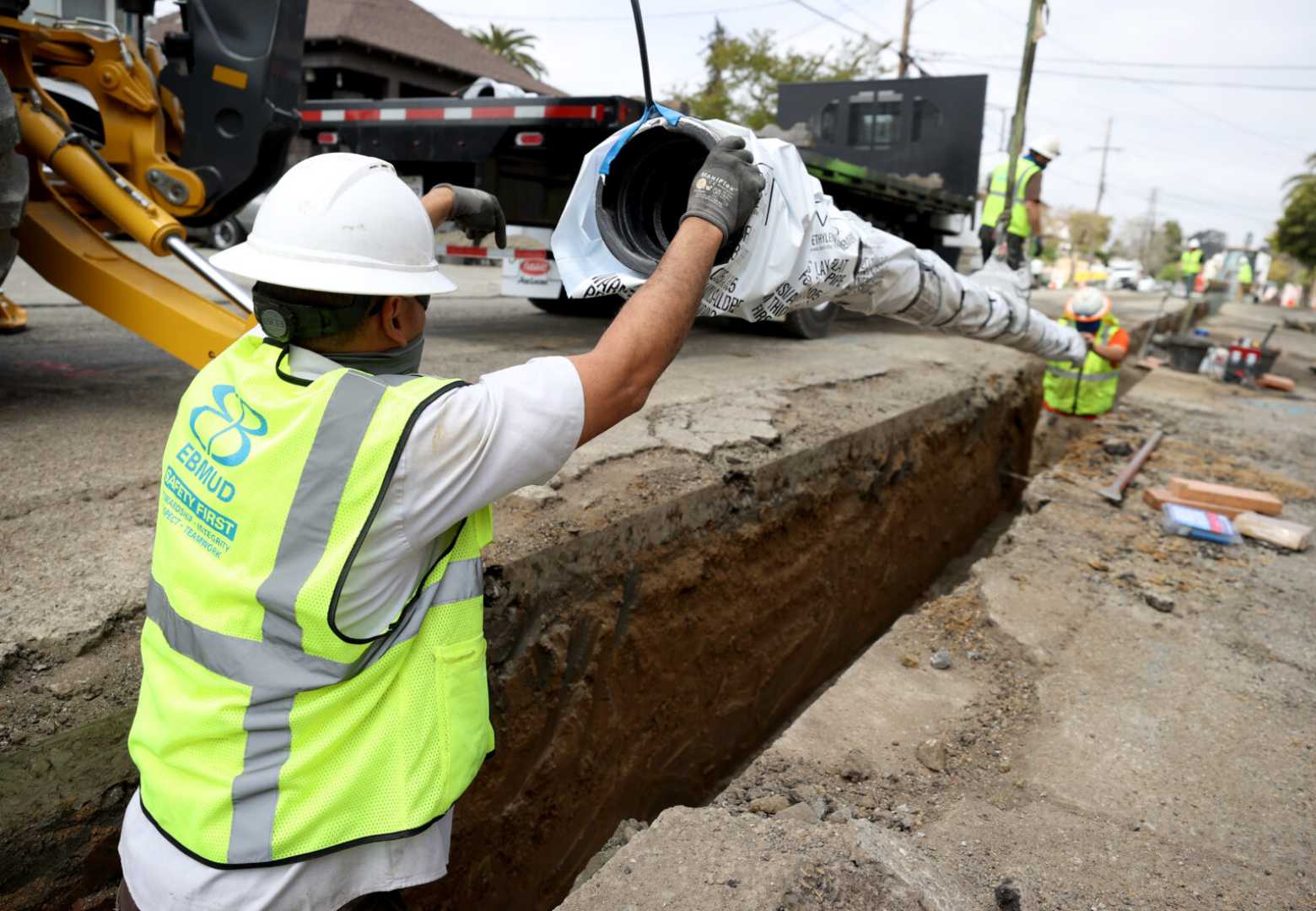News
Lead Residents to Vote on $120 Annual Street Repair Assessment

LEAD, S.D. — Residents of Lead will decide on April 5 whether to approve a $120 annual special assessment for street and infrastructure repairs, a measure aimed at addressing the city’s deteriorating roads and rising construction costs.
The proposed assessment, which would apply to all property owners within city limits, is expected to generate $228,000 annually. The funds would supplement the city’s current $80,000 street maintenance budget, which officials say is insufficient to keep pace with the escalating costs of road repairs. At current funding levels, it could take up to 50 years to repair all 25 miles of roads in Lead, according to City Planner Robin Lucero.
The resolution, passed by the Lead City Commission on Sept. 16, was referred to a public vote after a petition by the group Checks and Balances by City of Lead Community Friends and Neighbors garnered nearly 300 signatures. The group argues that the city should reevaluate its spending before imposing additional fees on residents.
“We think there can be better decisions made about how to spend the money they already get before we start assessing the citizens more money,” said Valerie Meiners, a founding member of Checks and Balances. “We want them to slow it down and see where changes can be made.”
City officials, however, emphasize the urgency of the issue. Lucero noted that construction costs have risen significantly, with paving half a mile of road now costing $100,000. The special assessment would increase the city’s street repair budget to an estimated $308,000 annually, allowing all roads to be repaired in about 16 years.
To inform voters, the city will host informational meetings at City Hall on Feb. 13, Feb. 24, March 11, and March 20. A recorded presentation will also be available on the city’s website. The resolution, if approved, would attach the $120 fee to 2025 property tax notices, with payment due in 2026.
The assessment would fund repairs to streets, curbs, gutters, sidewalks, and retaining walls. Opponents, however, remain skeptical of the city’s financial management and urge a more cautious approach to budgeting.












